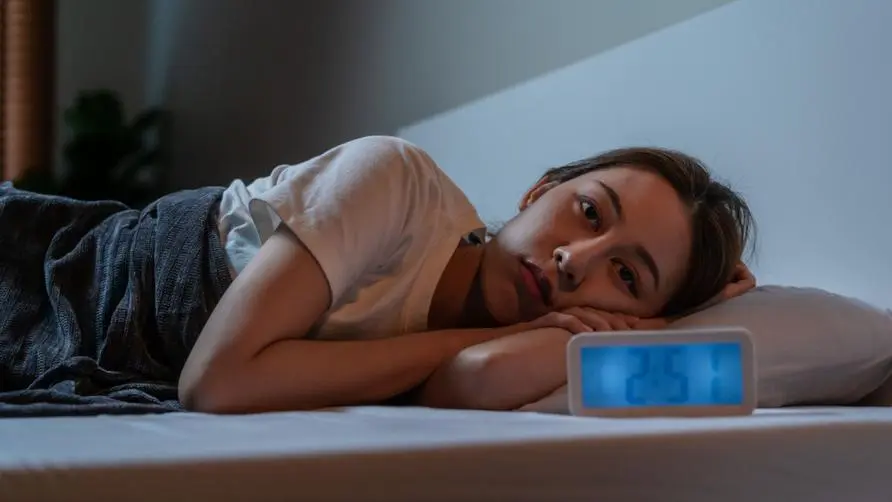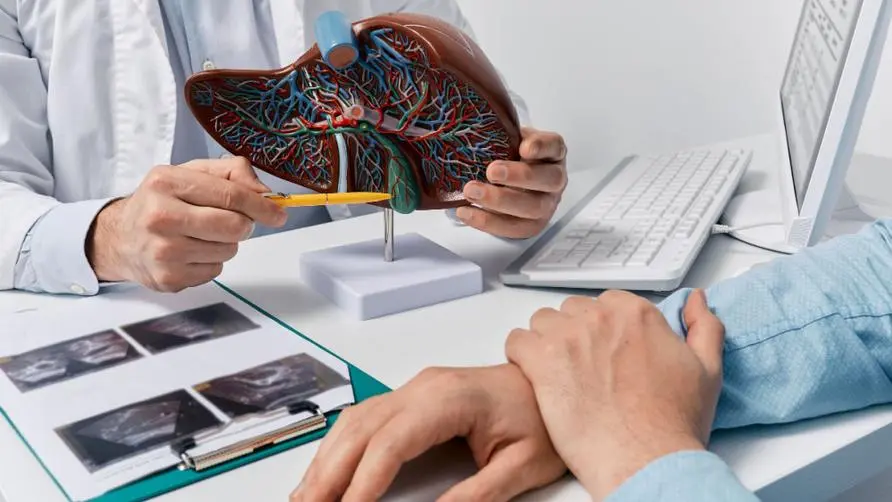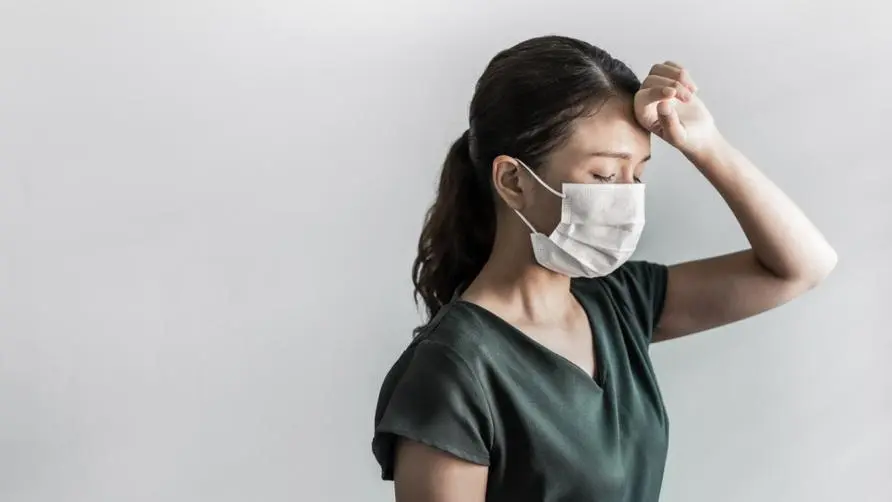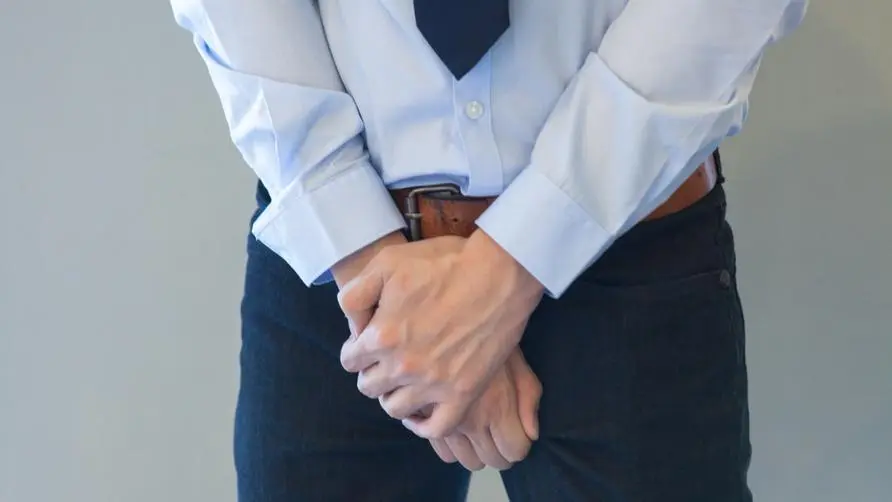Don't rush to take medicine if you have insomnia every night! Critical care doctors advise: First figure out which of the "5 types of insomnia" you have

Don’t rush to take medicine if you have insomnia every night! First figure out which “5 types of insomnia” you are
If you have been suffering from insomnia recently, don’t rush to take treatment drugs. First, you should clarify which “insomnia type” you have! A study published in the authoritative journal “Lancet” analyzed the sleep status of 4,322 subjects and found that their insomnia patterns can be divided into 5 subtypes. Each subtype may require different treatments and is not blindly Taking insomnia drugs will definitely improve your insomnia.
The research team analyzed the sleep status of 4,322 subjects, of whom 2,224 had insomnia symptoms, and 1,046 subjects finally completed all questionnaires. Through statistical analysis and clinical verification, the research team divided the subjects’ insomnia patterns into the following five subtypes:
Subtype 1: Highly distressed insomnia, accounting for 19%.
Usually occurs among “severe anxious people” or emotionally unstable people. This subtype has obvious anxiety characteristics, such as “neuroticism”, or persistent tension or low self-esteem. They have higher negative emotions and lower subjective well-being, and their positivity and happiness experience are significantly reduced, which can be called “severe pain insomnia”.
Subtype 2: Psychophysiologic insomnia, accounting for 31%.
This subtype usually occurs in “moderately anxious people” who respond well to reward support, making them prone to forming positive behaviors and emotions. This subtype may be called moderate distress or “reward-sensitive insomnia.”
Subtype three: Reward-insensitive insomnia, accounting for 15%.
Similar to subtype 2, subtype 3 also occurs among people with moderate anxiety. However, unlike subtype 2, this subtype hardly responds well to reward support and is difficult to form positive behaviors and emotions. . This subtype may be called moderate distress or “reward-insensitive insomnia.”
Subtype 4: Life event insomnia, accounting for 20%.
This type of insomnia is a reactive “mild anxiety person”. In this subtype, symptoms of insomnia vary depending on the environment and life events, and insomnia responses to life events are longer lasting, such as childhood trauma, fatigue, etc. Subtype four may be called mild distress or “hyperresponsive insomnia disorder.”
Subtype five: Temporarily insomnia, accounting for 15%.
Similar to subtype four, the insomnia of subtype five also comes from mild anxiety, but their reaction time to life events such as childhood trauma and fatigue is shorter and milder than that of subtype four, so this type can be called It is mildly painful or “hyporesponsive insomnia disorder”.
5 different treatments for insomnia? Severe anxiety should be intervened through “1 course of treatment”
Do the above different types of insomnia require different treatment strategies to improve their condition? Dr. Huang Xuan, a critical care physician, explained in the community that there are not only 5 types of insomnia, but each type also responds differently to specific treatments. For example, for patients with type 2 and type 4 insomnia, it is recommended to use benzodiazepines (BZD) drug treatment, and the effect is more significant than that of other groups.
However, studies analyzing patients with type 3 insomnia have found that treatment with benzodiazepines has not been found to improve their insomnia problems; cognitive behavioral therapy (CBT) is equally effective in treating type 2 patients’ sleep difficulties. , but the effect is poor in patients with type IV. For Type 1 patients with more severe insomnia, it is recommended to consult a psychosomatic department for “trauma therapy” and to use meditation to stabilize their mood before going to bed.
Dr. Huang Xuan pointed out that studies have found that among patients with type 1 insomnia, the risk of depression is five times higher than that of other insomnia types, and the lifetime risk of depression is also high. The study’s classification method depends on the patient’s “personality characteristics,” and although all insomnia patients show the same symptoms, they may not all be treated the same. Therefore, treatment methods should be “tailored” for different types of insomnia in order to improve symptoms.
Dr. Huang Xuan emphasized that the prevalence rate of insomnia in Taiwan is about 17%, which means that there are at least 2 million people in Taiwan suffering from chronic insomnia. If the wrong treatment is used, not only will it be difficult to achieve the desired results, but severe depression will continue to worsen without even realizing it. Therefore, if you have insomnia problems, you should seek medical treatment as soon as possible and thoroughly discuss treatment methods with your doctor to achieve the purpose of prescribing the right medicine.
Source:
“Insomnia is not the same for everyone” - Dr. Huang Xuan
Insomnia disorder subtypes derived from life history and traits of affect and personality
Further reading:





